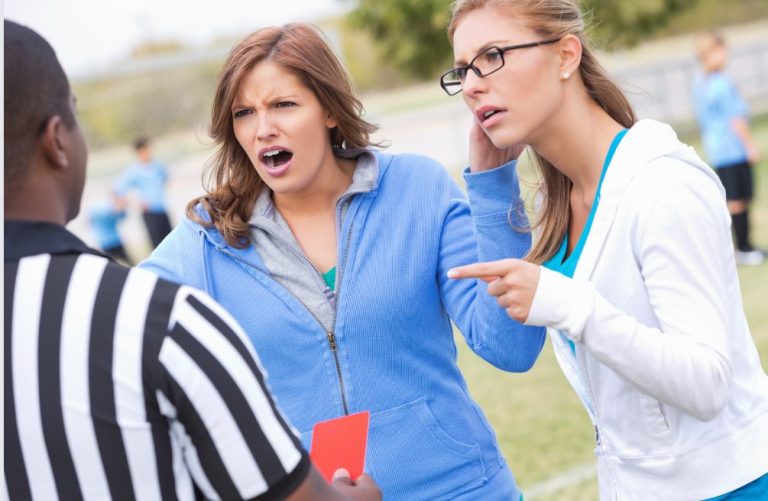I’m sure that this is not news to you, but health comes in all kinds of ways including environmental, social and physical … all aspects of our lives can be healthy- or unhealthy. If you’re thinking about way that you can make you family’s life a bit more sustainable, consider some of these easy ideas.
Environmental:
The ways that we can improve our environment are almost endless but here are some ideas for small things that you can do:
- Compost food scraps – you can buy a worm farm, compost bin or bokashi bucket cheaply from your local hardware store or Warehouse
- Reuse paper in your house- used papåer makes great craft paper
- Set your self a challenge to reduce the waste that your house produces by a little each week… source biodegradable and recyclable packaging wherever possible. Empty milk and egg containers are great for growing plants for the garden.
- Walk, bike or take public transport. Think about how you get to work and take the kids to school. Could you find a more sustainable way to get there?
Social
- Think about the products that you buy- can you buy that item for a local producer or manufacturer? Is there a local farmer’s market where you can begin to source some of your food? Local businesses employ local people and profits stay in the local community. This paragraph has been doing the rounds of Facebook a bit and I couldn’t find the source but I love the sentiment:
When you buy from a small business, you are helping a little girl get dance lessons, a little boy get his team jersey, a mom put food on the table, a dad pay a mortgage, or a student pay for college. Our customers are our shareholders and they are the ones we strive to make happy. Thank you for supporting small businesses!
- How about a fair trade product? You can now buy many staple food products from fair trade suppliers and Fair Trade shops also have gorgeous gift ideas.
Physical
- Go on, get outside with your kids! It’s a great way to spend time with the family and also to enjoy the benefits of the outdoors- vitamin D, a bit of exercise, some fresh air… all great for you! Get to know some of your local parks- you can walk there, kick the ball around and get to know some of your neighbours all at the same time.
- Of course we all know that we should eat good food- lots of fruit and even more veges! But it’s also important to think about where our food comes from. Buying organic products means that you know your food hasn’t been spayed and treated before you eat it.
Even if you can’t source all organic fruit and vegetables, it’s worth considering trying to switch some of what you eat- perhaps start with the ‘dirty dozen’ and then see what else you can find.
One food that it’s really worth thinking about is bread. For thousands of years bread has been made the same way, with the same basic ingredients of flour, water, salt and yeast, and the dough has been left to rise slowly for many hours before it is baked. The ancient method of allowing bread to rise or ferment slowly over time helps to break down the gluten in bread, and the constituents in grain, and makes bread easier to digest and more nutritious.
Fifty yeas ago, a new mechanical method of bread making was introduced, which revolutionised the way most commercial breads are made, and the ingredients that are used in bread in order to make bread rapidly.
To make bread in this way, dough is no longer left to rise slowly over many hours. Instead it is mechanically mixed at high speeds for several minutes before being baked rapidly at high temperatures.
About 80% of the bread that is sold in New Zealand is made this way. The problem is that the high speed baking techniques don’t allow the gluten and starches to be properly broken down, and this reduces the nutritional value of bread. There is some evidence that people who struggle to digest this bread are able to digest bread that has been fermented slowly [1].
All of you will have things that you do to make your family’s life a little healthier and I’d love to hear some of your ideas. What kinds of food do you eat? Do you think about where you get your food and other household items from? How do you try to make your days more sustainable?
[1] Greco, L., et al, 2011, Safety for Patients With Celiac Disease of Baked Goods Made of Wheat Flour Hydrolyzed During Food Processing, in Clinical Gastoenterology and Hepatology, Volume 9, Issue 1, Pages 24-29. accessed athttp://www.cghjournal.org/article/S1542-3565(10)00987-0/abstract on 29/02/2012






I know about the bread thing – a great book that describes more about this and other really interesting things about our modern food is Nourishing Traditions by Sally Fallon which is a wonderful book. Also in talking about sustainability – passing on your old and unwanted gear and using pre-loved gear rather than buy new is better for the environment in that you utilzing the rescources that are already on the planet rather than encouraging more manufacturing goods that will one day end up in the landfill. Also when you think something is no good any more – think… Read more »
Thanks for that link, Tanya… looks great! Another great site for giving things away / finding things is http://www.freecycle.org.nz
Cheers!
Rochelle
PS One of my friends is a big fan of Sally Fallon! Did you see her in NZ recently?
Great practical suggestions. Very interesting to hear about bread and perhaps why so many people i know struggle with gluten.